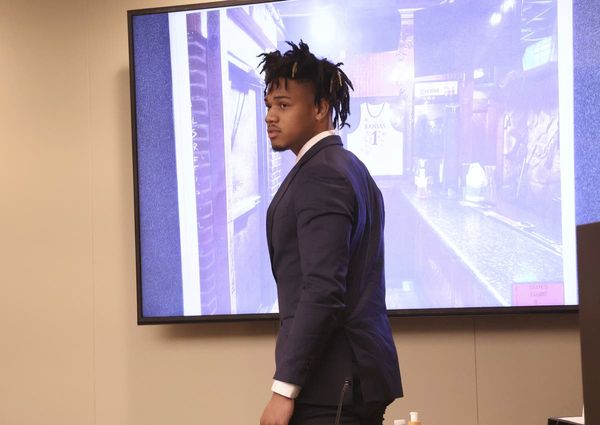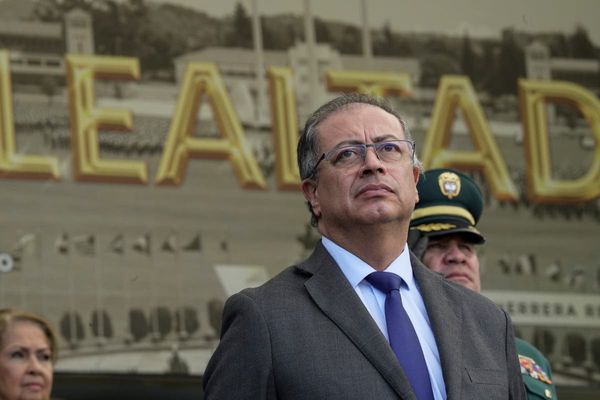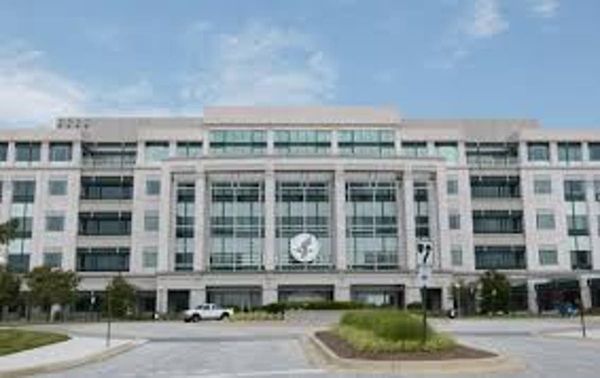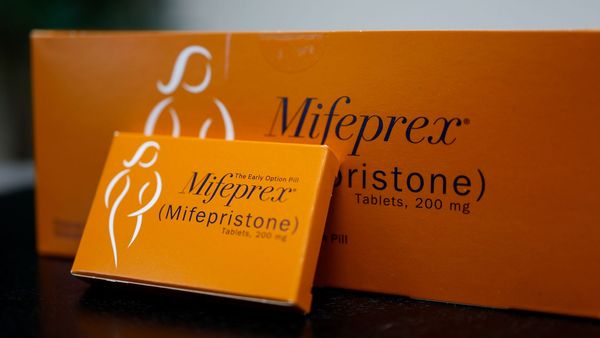
The ongoing revelations about the conduct of soon-to-be-former Home Affairs secretary Mike Pezzullo aren’t just humiliating for the man himself. ACT Supreme Court justice David Mossop must wear some embarrassment as well.
Mossop presided over the trial of Bernard Collaery, until the whole shameful prosecution was called off by the new attorney-general, Mark Dreyfus, in 2022. But before that, Mossop was the judge who agreed with the attorney-general at the time, Christian Porter, that information relating to national security would be disclosed in the course of the trial and prejudice national security. He also ruled that evidence against Collaery, and witness evidence produced by Collaery, would be kept secret via national security orders made by Porter under the National Security Information (Criminal and Civil Proceedings) Act 2004.
Mossop’s order for secret evidence and a partly secret trial was overturned on appeal, with the appeal judges ruling that any harm to national security was unlikely to occur and was outweighed by the damage that would be done to public confidence in the administration of justice.
In truth, none of the material involved would have damaged national security — it merely would have embarrassed Australia’s intelligence agencies and senior figures of the Howard government by exposing their misconduct, and perhaps even unlawful actions. Indeed, Mossop actually admitted in his judgment that he was mindful that the NSI Act “may be used as a cover to protect from disclosure in a trial material which is merely politically embarrassing to a government or to avoid legitimate scrutiny of its conduct”.
One of Porter’s star witnesses was Mike Pezzullo, who gave evidence alongside, inter alia, Mike Burgess of ASIO, Director-General of the Office of National Intelligence Nick Warner, Frances Adamson of the Department of Foreign Affairs and Trade, and Paul Symon of the Australian Secret Intelligence Service.
Their evidence is not publicly available, but Mossop’s thinking on their evidence is.
“I do consider that the evidence of witnesses called by the attorney-general who are currently engaged, or have been very recently engaged in national security and international relations, should be given some additional weight because of the currency and immediacy of their experience,” he wrote in his redacted judgment.
That word “current” was aimed at Collaery’s slate of witnesses who argued against Porter’s application — led by Gareth Evans, former chief of defence force admiral Christopher Barrie, and eminent former diplomat John McCarthy.
But the revelations about Pezzullo’s conduct this week from Nine newspapers make Mossop’s reliance on “current” status look awkward. Pezzullo’s secret exchanges with Liberal Party figure Scott Briggs show a senior national security bureaucrat engaged in attempting to impress and develop a relationship with an unelected, partisan figure, including apparently sharing confidential assessments made in the wake of the Christchurch mosque shootings sensitive enough that Pezzullo pleaded with Briggs not to pass them on.
If Mossop, as he claimed, was mindful of efforts to “protect from disclosure in a trial material which is merely politically embarrassing”, what to make of the evidence of a figure who had actively sought to build a relationship with a Liberal Party identity, when the Collaery trial related to the actions of senior Liberal Party figures and efforts by a later Liberal government to hide them from public view — and punish those who revealed them?
It now looks passing strange that Pezzullo gave evidence on the need for secrecy in the name of national security when he was so eager to share confidential material — freshly handed to the prime minister and his own minister — with an unelected party machine man and businessman.
The whole logic of Mossop’s argument to accept Porter’s application, and that of the NSA certificate regime itself, is thrown into doubt by what we now know of Pezzullo’s conduct. How can we accept the views of people who are “currently engaged, or have been very recently engaged in national security and international relations”, when they may well be engaged in sharing confidential material and inappropriately engaging with third parties as part of their distorted view of how best to prosecute their own and their department’s interests?
Pezzullo’s conduct suggests that it is those who are not currently engaged in national security and international relations, those with no agenda, no personal ambitions, no feuds with other senior bureaucrats, no grand visions of expanding their empire, no interest in currying favour with one side of politics or the other, who can bring a more informed and wiser perspective on what may or may not harm national security.
Still, with Porter forced out of politics, and Pezzullo unlikely to ever return, there’s at least some sense of justice slowly working in relation to the appalling persecution of Collaery and Witness K.







